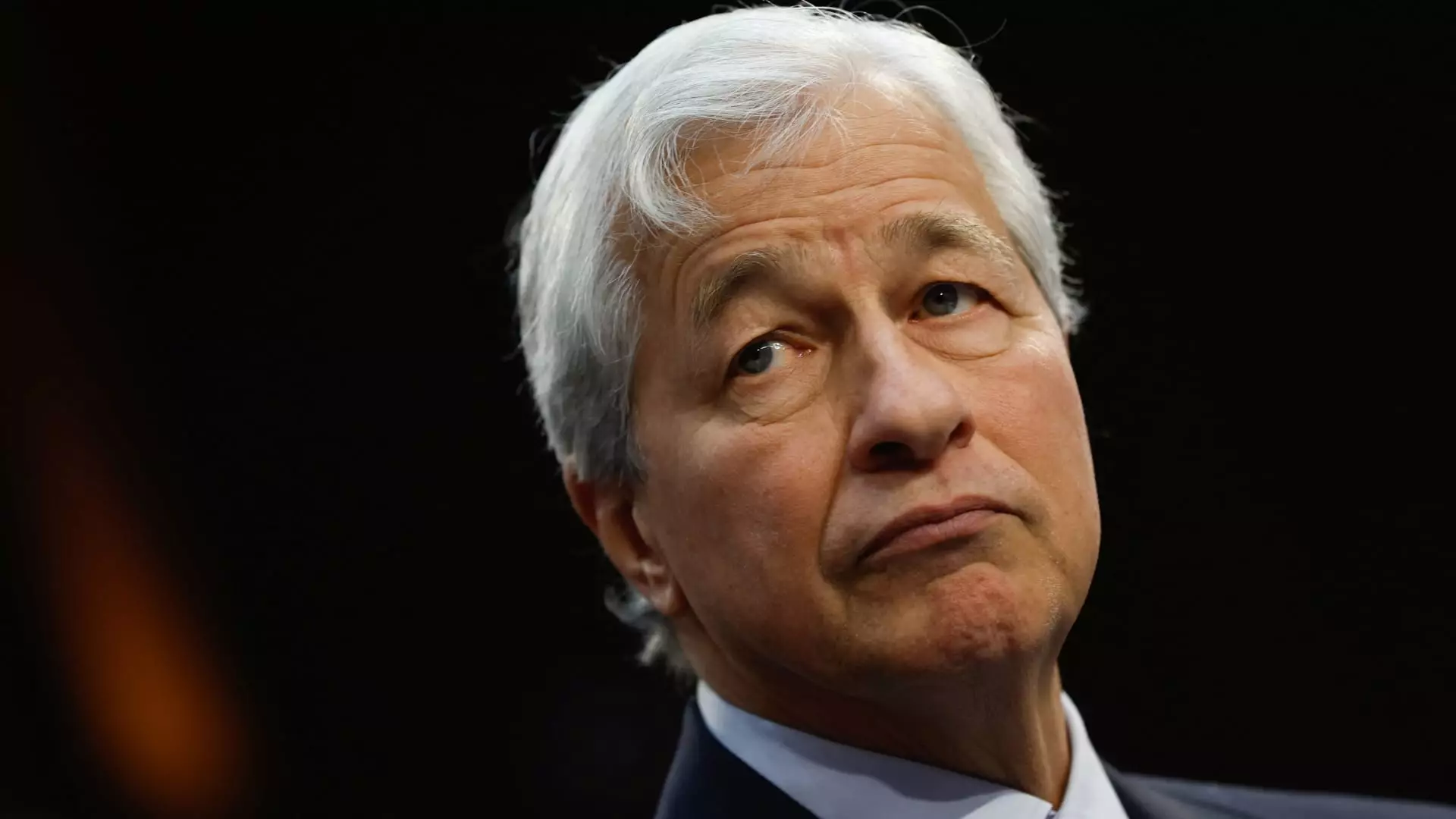In an alarming indication of the current geopolitical climate, Jamie Dimon, the CEO of JPMorgan Chase, voiced escalating concerns about international stability during the bank’s third-quarter earnings call. His insights come at a time when conflicts in the Middle East have intensified, and the ongoing war in Ukraine shows little sign of resolution. Dimon emphasized the perils of a deteriorating global order, alluding to the historical ramifications this may have on both immediate economic conditions and the long-term trajectory of international relations.
The human cost of these geopolitical tensions cannot be overstated. Dimon highlighted the significant suffering experienced by millions due to ongoing conflicts, particularly in Israel and Gaza, where civilian casualties have escalated dramatically over the past year. The repercussions of hostilities have spilled over into neighboring regions, with violent confrontations emerging in places like Lebanon as Israel conducts military operations against Hezbollah. Dimon’s statements reflect a profound awareness of the broader, complicated ripple effects that such conflicts wreak upon economies and societies.
Beyond the immediate crises, Dimon pointed to rising tensions between the United States and China, coupled with the threat of nuclear aggression from nations such as Iran, North Korea, and Russia. The rhetoric surrounding “nuclear blackmail” signifies a dangerously precarious environment where global powers are locked in escalating provocations. This scenario raises urgent questions about the capability and willingness of Western leaders to respond effectively in crises, which Dimon identified as a significant concern affecting both policy and market stability.
On the economic front, even as signs of a potential soft landing echo through the United States—led in part by the Federal Reserve’s delicate maneuvers—Dimon urged caution. He pointed out underlying issues such as high fiscal deficits, infrastructural inadequacies, and the critical need for trade reform. These factors contribute to a complex economic landscape that remains vulnerable, exacerbated by ongoing global military engagement and remilitarization trends.
Dimon’s perspective invokes a call for robust leadership from the U.S. and its allies, stressing the necessity for decisive action in addressing these multifaceted challenges. As he put it, strong American and Western leadership is essential in stabilizing this treacherous environment. His recognition of the “unraveling” of the post-World War II order underscores the profound shifts in global power dynamics that both policymakers and corporate leaders must navigate.
Reflecting on Dimon’s commentary, it becomes evident that the world is at a crossroads influenced by history’s fraught tapestry. With geopolitical tensions mounting and economic uncertainties persisting, the need for coherent, proactive leadership has never been more critical. Whether one looks at the unfolding narrative in the Middle East or the intricacies of East-West relations, it is clear that the ramifications of missed opportunities for dialogue and resolution could echo for generations.

